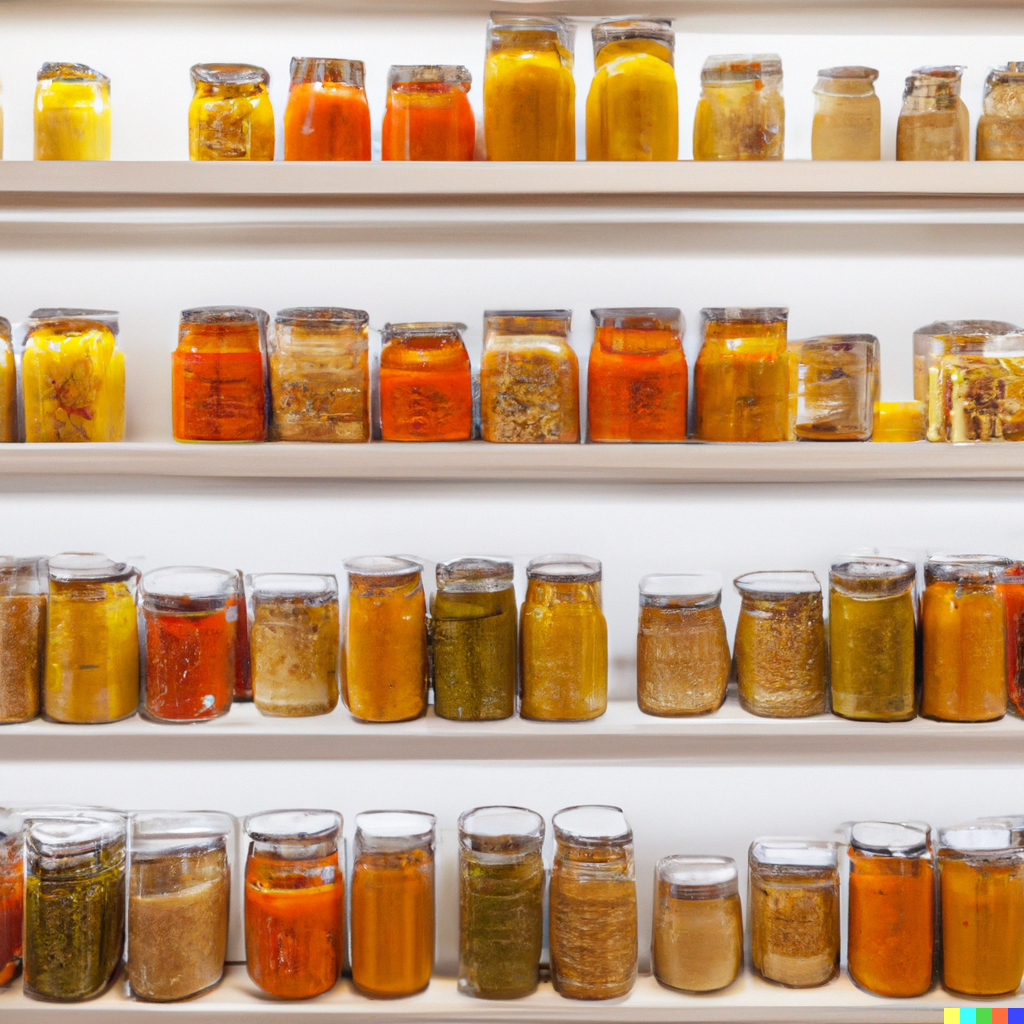The Ultimate Guide to Keep Vegetables Fresh
Vegetables are essential for a healthy diet, but their shelf life varies depending on the type and storage method. Understanding how long vegetables last—and the best ways to store them—helps reduce food waste and keeps your produce crisp and nutritious.
Shelf Life of Common Vegetables
At Room Temperature (Pantry):
- Potatoes: 2-3 weeks
- Onions: 2-4 weeks
- Garlic: 3-6 months
- Tomatoes (unripe): 5-7 days (until ripe)
- Squash (whole): 1-3 months
In the Refrigerator:
- Leafy Greens (spinach, lettuce, kale): 5-7 days
- Carrots: 3-4 weeks
- Bell Peppers: 1-2 weeks
- Cucumbers: 1 week
- Broccoli and Cauliflower: 4-7 days
- Zucchini: 1 week
- Mushrooms: 4-7 days
- Green Beans: 5-7 days
In the Freezer (Blanched or Prepped):
- Spinach and Kale: 8-12 months
- Carrots and Peppers: 8-12 months
- Broccoli and Cauliflower: 8-12 months
- Squash (cooked or sliced): 8-10 months
Best Practices for Storing Vegetables
- Refrigerate Leafy Greens and Cruciferous Vegetables – Store in perforated bags or containers to allow airflow and prevent wilting.
- Keep Root Vegetables in a Cool, Dark Place – Potatoes, onions, and garlic last longer when stored in a pantry or cellar.
- Avoid Storing Potatoes and Onions Together – Onions emit gases that can cause potatoes to spoil faster.
- Use the Crisper Drawer – Store vegetables like cucumbers, peppers, and carrots in the crisper to maintain optimal humidity.
- Blanch and Freeze for Long-Term Storage – Vegetables like spinach, carrots, and broccoli freeze well after blanching, preserving nutrients and extending shelf life.
Signs Vegetables Are Going Bad
- Soft or Mushy Texture – Indicates spoilage or excess moisture.
- Mold or Discoloration – Any visible mold or unusual color suggests the vegetable is no longer fresh.
- Slimy Coating – A sign that leafy greens or mushrooms are decomposing.
- Sour or Off Smell – Vegetables emitting unpleasant odors should be discarded.
How to Use Overripe Vegetables
- Soups and Stews
- Vegetable Stir-Fries
- Smoothies (spinach, kale, and carrots)
- Homemade Broths or Stocks
- Roasted Vegetable Medleys
By storing vegetables properly, you can extend their shelf life and keep them tasting fresh longer. Whether you refrigerate, freeze, or store them in the pantry, these tips help maximize the longevity of your produce.
